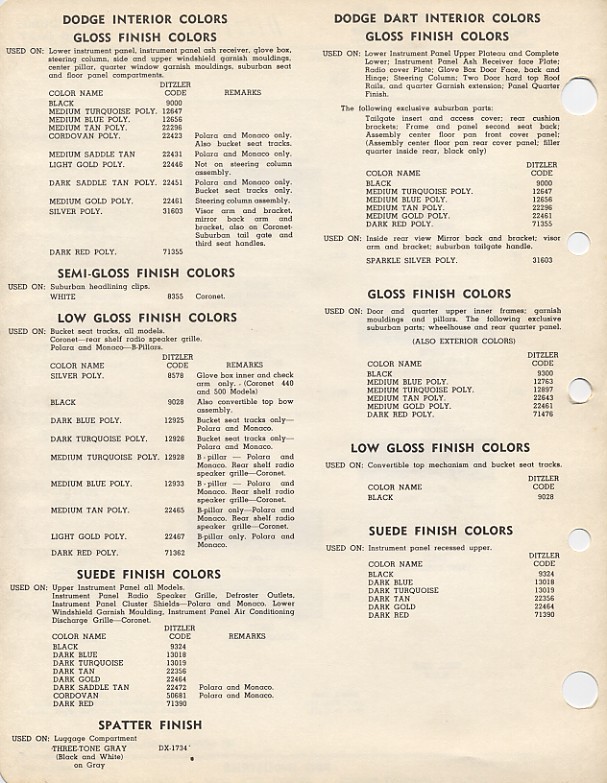Although a serial number is helpful for roughly determining the age of a guitar, this is often not the exact date. Usually, the production date is stamped or written is on the heel of the neck. To read this it is necessary to unscrew the neck from the body.
Fender Jazz Bass Serial Number Decoder
The Fender serial number decoder currently supports all documented MIA, MIJ, MIM, MIK and MII formats with the exception of Custom Shop, Relic and Reissue instruments. Please note that fender serial numbers tend to overlap by at least a year, and thereby the date of your guitar can only be approximated. The Fender website has a page for Japanese instruments showing S + six digits as being 1994-95. But there is a separate short list at the bottom of the page for 'Crafted in Japan' which this bass is. That list stops at R + five digits. I plugged in a random serial number with your codes and it said 2005-6. And actually it makes sense - I.
Fender Japan Serial Number Decoder

Most specifications for the Fender guitars are hardly changed. Although there have been periods in which major changes occurred as the acquisition of Fender by CBS, and the transition from CBS Fender to the current owner (Fender Musical Instruments Corporation), most models are in general not changed.
At the Stratocasters from the early fifties the serial numbers were stamped on the back vibrato cover. On some Telecasters at the bridge between the pickup and the saddles.
| Patent numbers Between 1960 and 1977, were added several patent numbers to the models. These became in the head under the Fender logo stamped. | e.g. PAT, 2,573,254 2,968,204 3,143,028 2,976,755 DES 187304 2,573,254 for pickup and bridge combination. 2,968,204 for the single coil pickup patent awarded in 1961 under other for Jaguar, Stratocaster, Duosonic. 3,143,028 the patent granted in August 1964 for Fender's adjustable neck construction. 2,976,755 for the split coil pickup design. (Used since 1957 to the Precision Bass) The DES is the serial number. |
Fender Precision Bass Serial Number Decoder

| Before 1954 the serial numbers did not serve as a direct indicator for the production date of the guitar. Serial numbers from this era are therefore unreliable. Some instruments have patent numbers on different parts. These patent numbers offer some indications for a production date, since the instrument will be made after the date of the patent grant. See Patent information 1954-September 1959 (Solidbodys) The number is stamped on the jackplate or bridge. Example: 65C5281 The first digit(s) indicates the model number. [4 = 400 or 425, 6 = 600, 65 = 650, 8 = 800] The letter indicates the type of instrument. [C = combo (guitar), B = bass, M = mandolin, V = 3/4 size] The first digit after the letter is the last digit of the year of the fifties. The last three digits is the production number. Serial number 65C5281 is a combo 650, Serial number in 1955 with the production number 281. September 1959-October 1960 (Solidbodys) Also here are the first digit(s) for the model number. The letter A stands for this period and the first digit after the letter is a 9 (from September 1959) or a 0 (up to and including October 1960). 1961-1986 On the jackplate the letters are above jack output, the numbers are below the jack output.
| 1987-1996 Here on the jack plate is a letter and a number above the jack output, and numbers below the jack output. Example: F21254 The letter stands for the month. [A = January, B = February, ..... L = December] The digit after the letter is the year of construction. [0 = 1987, 1 = 1988, 2 = 1989, 3 = 1990, ..... 9 = 1996] Serial number F21254 was built in June 1989 with production number 1254. 1997-1998 After 1996 there was a small hitch in the numbering system, here the '0' is reused for 1997 and '1' for 1998. The month format also jumped a few letters forward in the alphabet, from 'M' to 'Y.' This means that 'M' now stands for January and 'N' for February. The letter 'O' was skipped, probably to avoid confusion with the '0' (zero) of the year 1997. [M = January, N = February, P = March, Q = April, ..... Y = December] 1998-2019 From 1998 it will be a lot easier. They did not apply codes anymore but just used the last two digits of the year with the week number.
|
Patent information related to Rickenbacker instrument
Fender Bass Serial Number Lookup
| Patent number | Part | Patent date | Patentee |
| 1.839.395 | Hand vibrato tailpiece | 5 January 1932 | C.O. Kauffman |
| 1.881.229 | Molded musical instruments and necks | 4 October 1932 | A.P. Young |
| 2.089.171 | Frying Pan and horseshoe pickup | 10 August 1937 | George D. Beauchamp |
| 2.130.174 | Headless electric violin instruments | 13 September 1938 | George D. Beauchamp |
| 2.152.783 | Roller vibrato tailpiece | 4 April 1939 | Paul M. Barth |
| 2.241.911 | Vibrola Spanish guitar | 13 May 1941 | C.O Kauffman |
| 2.310.199 | Tubular body for electric violin | 9 February 1943 | George D. Beauchamp |
| 2.310.606 | Detachable horseshoe pickup | 9 February 1943 | Paul M. Barth |
| 3.091.150 | The Sceusa neck | 23 May 1963 | Peter P. Sceusa |
| DES. 208.329 | Bantar | 5 January 1932 | F.C Hall |